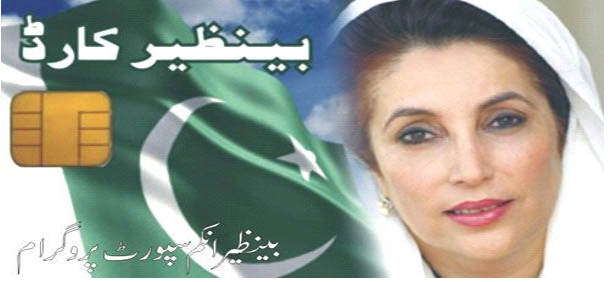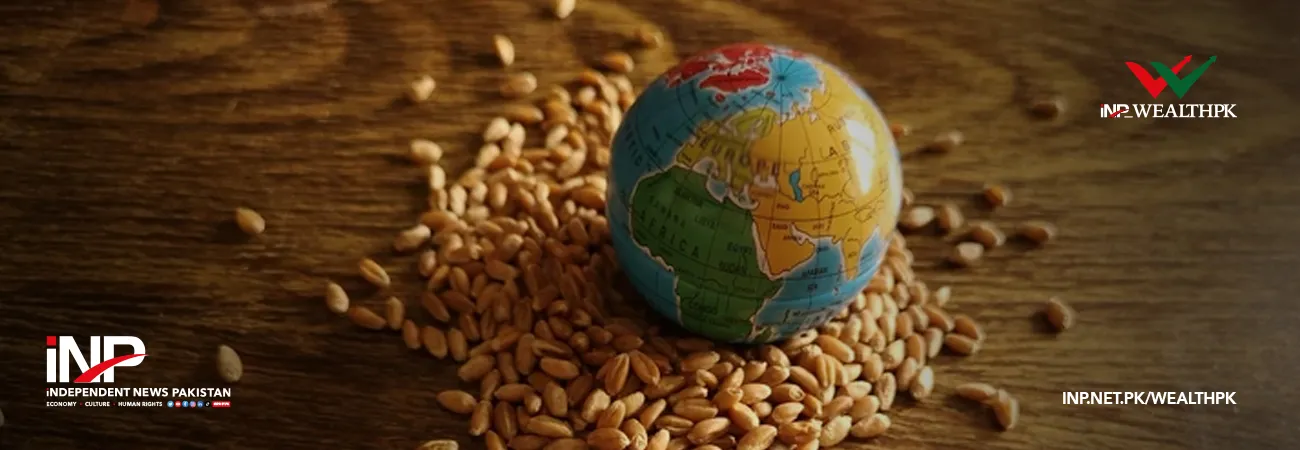آئی این پی ویلتھ پی کے
Ayesha Saba
Benazir Income Support Programme (BISP) has launched 10 million digital bank accounts, ensuring that beneficiaries can now withdraw funds securely from any bank.

This reform frees BISP beneficiaries from the hassle of receiving payments through a single designated agent, a longstanding concern raised by recipients. The State Bank of Pakistan’s deputy governor disclosed this while briefing the National Assembly’s Standing Committee on Poverty Alleviation, chaired by Ghulam Ali Talpur.
The deputy governor informed the committee that though all 10 million accounts have been opened, they will become active gradually as beneficiaries begin to withdraw their payments. He emphasised that these accounts are regular bank accounts with full banking facilities, allowing beneficiaries not only to withdraw funds but also to deposit money and receive remittances.
The SBP deputy governor highlighted that while beneficiaries will now face bank charges ranging between Rs100 and Rs200 per withdrawal, they will no longer have to endure the challenges associated with cash collection through agents. During the meeting, BISP Chairperson Rubina Khalid acknowledged that women may face some initial difficulties with digital payments, but said the transition is underway.
The BISP secretary noted that the prime minister had given four months to complete the account-opening process, which has now been achieved. He added that the digital transactions phase is expected to be fully operational within six months. Currently, BISP is working with six partner banks, and efforts are ongoing to integrate all of them with the 1LINK network to ensure seamless digital transactions.
However, the BISP chairperson admitted that the shift to digital transactions may still face ground-level hurdles during implementation. Talking to Wealth Pakistan on condition of anonymity, a BISP official said that previously, the payments were routed through banks, which then appointed local retailers to disburse funds.
“Women beneficiaries were required to visit these retailers, verify their identity through biometrics (thumb impressions), and then collect their payments. This old system had several drawbacks. At times, there were reports of misuse, for example, cases where women faced exploitation or received partial payments. If a beneficiary was entitled to Rs20,000, she might only receive Rs15,000 or Rs18,000 after unauthorised deductions by retailers.
Additionally, the process involved long queues, delays, and significant inconvenience,” the official explained. Through this system, women will have full access to modern financial services, including secure withdrawal of funds directly from their bank accounts, online transfer of payments to family members or others, bill payments and microfinance services, similar to JazzCash and Easypaisa, the BISP official said.
“This reform is a key step towards the prime minister’s vision of a cashless economy, ensuring that women beneficiaries no longer have to rely on retailers or intermediaries to access their funds.” The official said training sessions have already been conducted for regional staff, and the new payment mechanism is going to be rolled out in the current disbursement cycle.
Credit: INP-WealthPk









